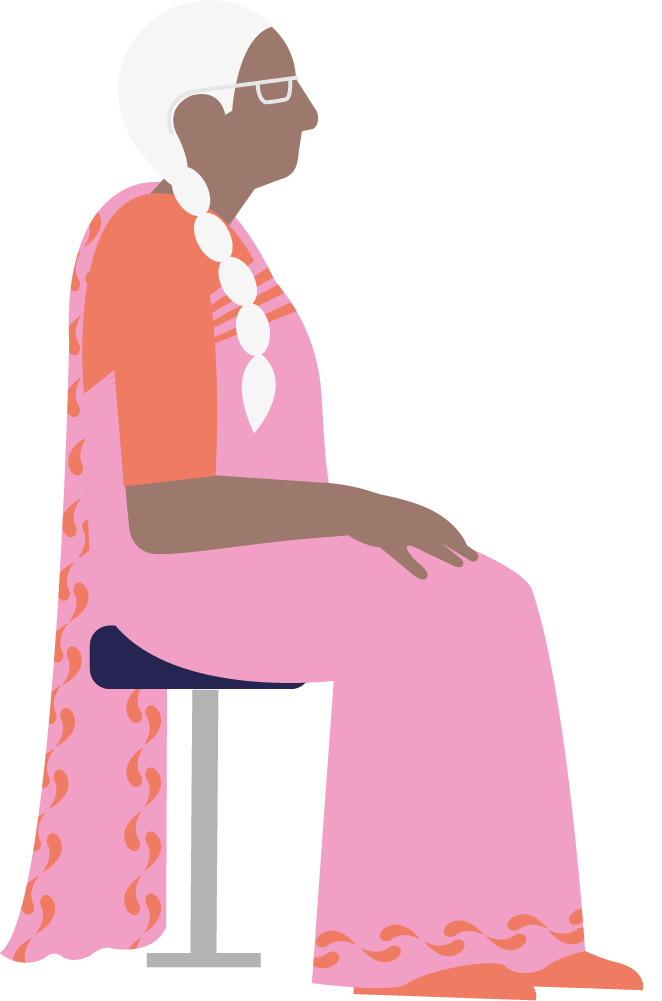Sister Mary Josephinal Francis, STREAM Community Advisory Board (CAB) Coordinator in Chennai, India, discusses why community engagement and CABs are the future for clinical research.
“I became involved in STREAM because I have seen the suffering of patients with multidrug-resistant tuberculosis (MDR-TB) with my own eyes and I felt it was important to try and do something. STREAM Stage 2 is a major breakthrough response to the MDR-TB epidemic in India and the world. Being part of STREAM is an opportunity to contribute to this historic milestone, and to change how communities are part of clinical research.
“Before we started the Chennai CAB, there was no understanding that the community could be involved in clinical research. Historically, research was meant to be the work of the researchers, not the work of the community. Researchers would explain the research to stakeholders in the community, and of course, were concerned for the well-being of people involved, but there was no bridge to create two-way communications.
“Community engagement changes that. It makes certain that research is connected to the community.
“CABs are able to support those taking part in the research, to increase their confidence, coping ability, and sense of hope. While medical issues are handled by the research team, who is addressing the fear, the experience of discrimination, the brokenness, or the hopelessness of patients? We can help with the anxiety a patient feels, reduce the conflict or stigma they may face with family or in the workplace, and help them to not drop out of their treatment.
“This psychosocial support and our interaction with participants enables us to bring feedback to the research team so that they can adjust implementation if needed. CABs play a vital role as the intermediary between the participants, communities, and researchers by acting as a bridge bringing the voice of the community to the researchers, but also taking important messages about the research and TB back to the community.

I am particularly proud of a Positive Speaking session that we did for the STREAM participants where they shared their experiences with TB. This event marked the first-ever psychosocial support meeting where CAB members met with STREAM participants. People shared their stories and reminded all those in the group that they are not alone, and that their stories are important to be heard.
Sister Mary Josephinal Francis, STREAM Community Advisory Board (CAB) Coordinator in Chennai, India
“There are many similar first-time achievements for our CAB. Community engagement in research is a new concept here and it takes time, but now the understanding of researchers and CABs has widened, and community involvement is seen as an essential piece to improve research and patients’ lives.
“It is important to have community engagement whenever clinical research is done because it is the lifeline of TB research that expands the horizon of the research. Now, we can work together to send a unified message that the research being done by STREAM is the future hope for eradicating TB from our community.”
